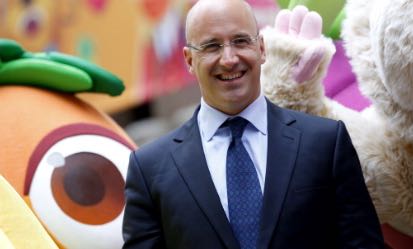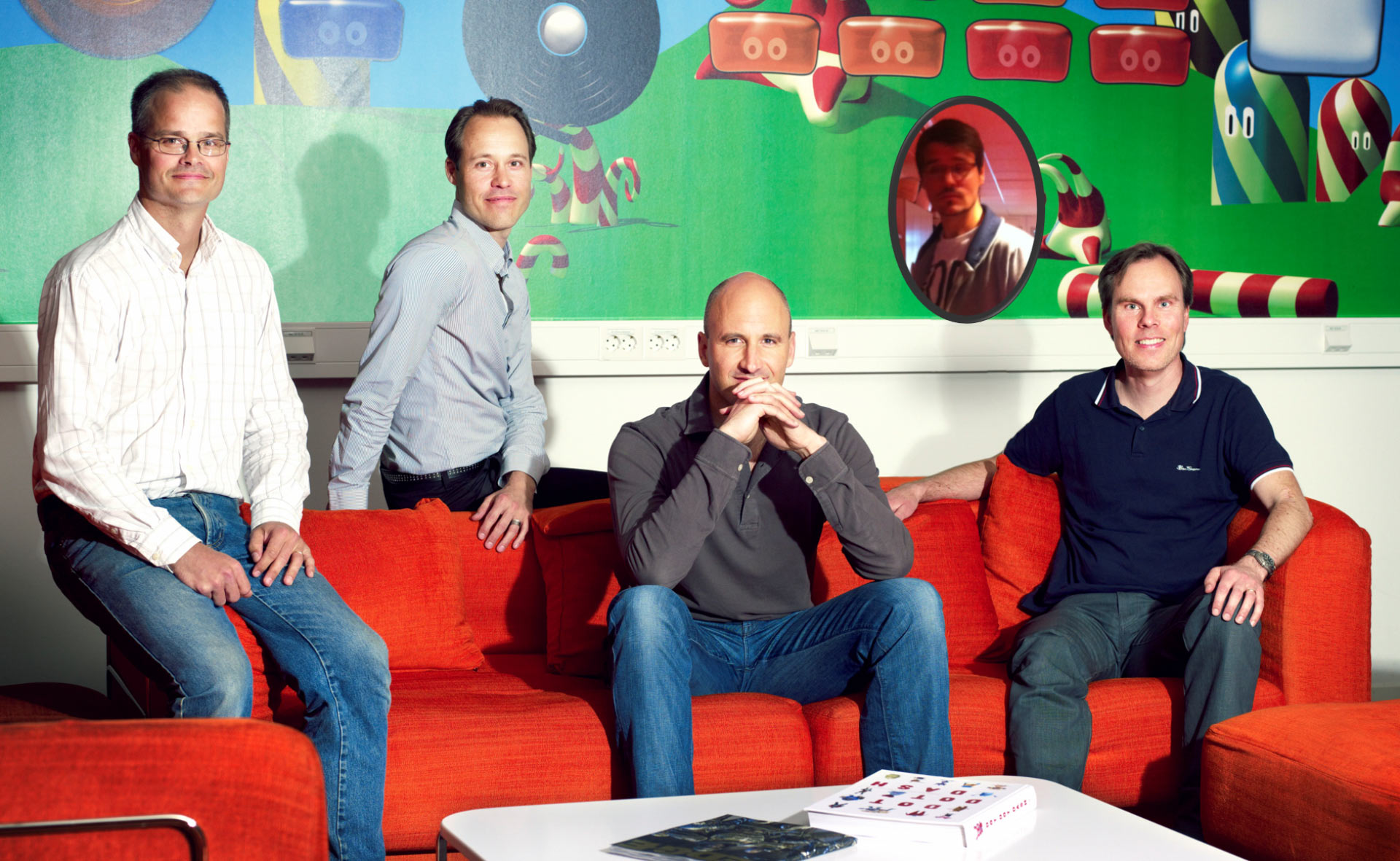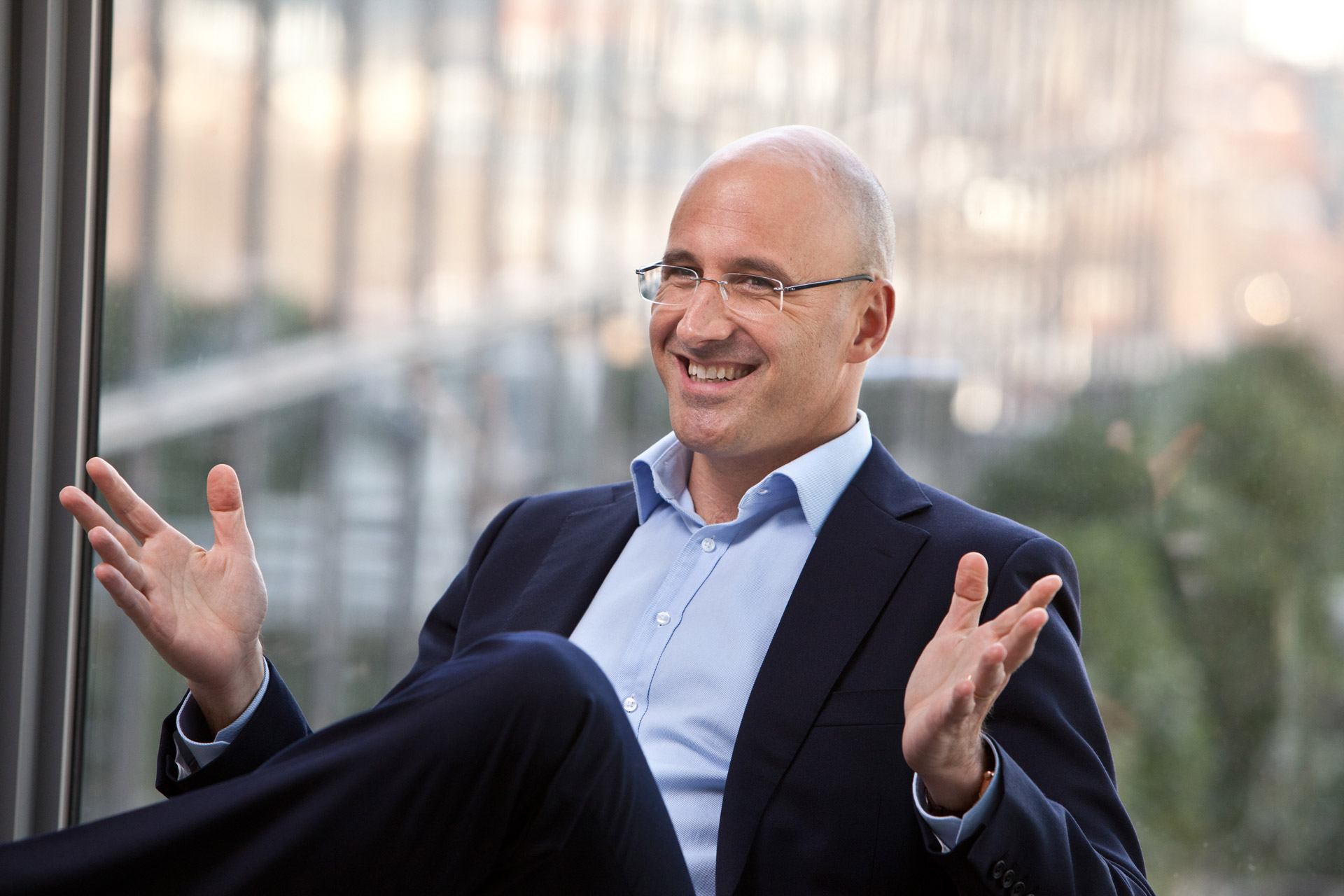Being in Germany proved fruitful as he was approached by management consultancy firm LEK, which led to a role at Boston Consulting Group (BCG) and then to a job at online portal Spray Network. At Spray, he met the executives who would later
become his King co-founders.
“My life is … a series of points of chance, which built the next point. And so, my first point of chance was when I went to Germany, I went into consulting … I just wanted to stay in Germany for a year and a half. I ended up staying in Germany
for 10 years. And in ’99 I got Spray, and, again, another point of chance,” he told CNBC.
Zacconi has credited Luiss University professor Giovanni Fiori for assigning the thesis topic that took him to Germany in the first place. “He told everyone that one of the reasons (for) his success was the thesis that he did with me,” Fiori
said of a university event Zacconi spoke at.
Dedication, no matter what the topic, is “a lesson for everyone,” Fiori said. “I would say to all my students: Guys, if you have a task, if you have a job to do, no matter if you like it or not, you have to do it.”
During his time as a management consultant, Zacconi learned that “nothing is impossible.”
“You start a project with a question, which is often a completely new area for you, something you have never done before. And you need to report to the board about this topic,” he stated.
“And you have a limited period of time. And at the end, you know that there’s a presentation date to present these results. And there is always a presentation. So, you learn after a while that you will always get it done,” he said.
At BCG, which he joined in 1993, he was taught to think beyond the obvious. “That’s something which has been always very valuable for my entire career, my entire life. So you can reduce the risk, or reduce the cost, or increase the opportunities
just by thinking about the opportunities and the risks … two steps ahead,” he told CNBC.
Antonella Mei-Pochtler, a senior advisor at BCG and Zacconi’s former colleague, said they worked well together because they had a passion for consumer goods. “(We had an) understanding (of) what really moves people, and for creativity and
for strong analytics,” she told CNBC.






